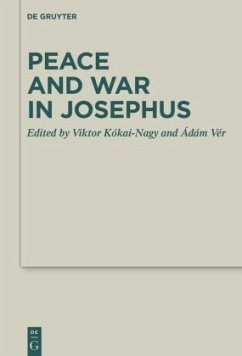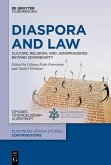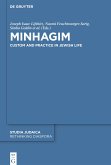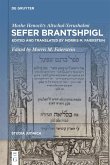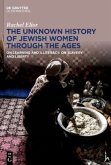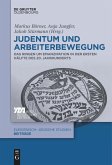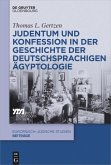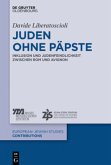Josephus Flavius's life was defined by the Jewish war against Rome, about which he wrote his first book as a friend of the imperial family, enjoying the benefits of an end to the conflict. But this dichotomy between war and peace defined not only the life of our author but also the history of all peoples in Late Antiquity, so it is not surprising that war and peace also play a central role in his second book.
A broader theme could hardly have been chosen for this volume, which naturally brought with it the diversity of the studies it contains. At a conference in May 2022 at Selye János University in Komárom - "Peace and War in Josephus" - a distinguished, international group of scholars took up this theme, including Tal Ilan (Israel), Steve Mason (Canada), Jirí Hoblík (Czech Republic), and five Hungarian colleagues: Tibor Grüll, Ádám Vér, József Zsengellér, István Karasszon, and Viktor Kókai-Nagy. Their papers in English or German are complemented by three additional papers from Carson Bay (Switzerland), Marin Meiser (Germany), and David R. Edwards (USA). Together, their work ranges from the historical and literary context to the political and philosophical thought of the author.
Hinweis: Dieser Artikel kann nur an eine deutsche Lieferadresse ausgeliefert werden.
A broader theme could hardly have been chosen for this volume, which naturally brought with it the diversity of the studies it contains. At a conference in May 2022 at Selye János University in Komárom - "Peace and War in Josephus" - a distinguished, international group of scholars took up this theme, including Tal Ilan (Israel), Steve Mason (Canada), Jirí Hoblík (Czech Republic), and five Hungarian colleagues: Tibor Grüll, Ádám Vér, József Zsengellér, István Karasszon, and Viktor Kókai-Nagy. Their papers in English or German are complemented by three additional papers from Carson Bay (Switzerland), Marin Meiser (Germany), and David R. Edwards (USA). Together, their work ranges from the historical and literary context to the political and philosophical thought of the author.
Hinweis: Dieser Artikel kann nur an eine deutsche Lieferadresse ausgeliefert werden.

